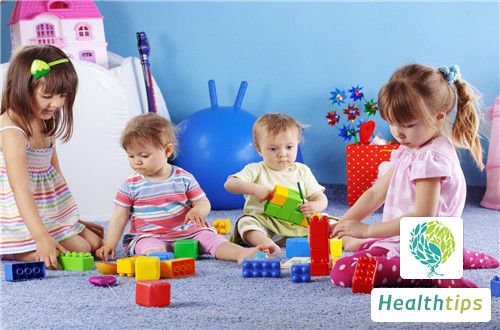What Skills Can an Eight-Month-Old Baby Typically Possess?
As babies grow month by month, their bodies undergo significant changes, and their learning abilities also increase. Babies acquire more and more skills at different stages of their development. By the time they reach 8 months old, babies are already capable of many things. Especially when their needs are not met, they can express their emotions through various ways. So, what are the typical abilities of 8-month-old babies?

At 8 months, babies can easily turn over or sit up to play. Some babies can crawl skillfully, and some can even stand up with the support of a bed or sofa. They can use their thumb and index finger to grasp small objects, such as swapping toys between hands or holding a milk bottle to drink. In addition, their language skills have also improved significantly. They can pronounce "dada" or "mama" and start to understand simple words like "bye-bye" or "thank you".
2.1 Oral Care: Oral care is essential for 8-month-old babies as they start to develop teeth. During this period, their gums may feel itchy, causing them to want to chew on things or fingers. Drooling is also a normal phenomenon. It is important to keep their mouths clean and prevent them from chewing on unsafe objects.
2.2 Spinal Care: As babies can now turn over and sit up independently, special attention should be paid to their spinal development. Parents should help adjust their sitting posture when necessary and provide regular spinal massages to promote healthy spinal growth.
At 8 months, babies start to speak and express themselves. Therefore, parents should talk to their babies regularly to train their expressive abilities. Correcting their pronunciation, such as "dada" or "mama," and engaging in question-and-answer sessions can help assess their response abilities. Such communication activities are crucial for their development. Additionally, physical training is also important. Parents can place toys in front of their babies on a bed to encourage them to crawl or make sounds to express their desire to reach the toys. Regular interaction with babies can help improve their crawling abilities and intellectual development.



















